By James M. Branum
This essay was originally written as a class assignment at the Unyeshiva, with a little bit of editing.
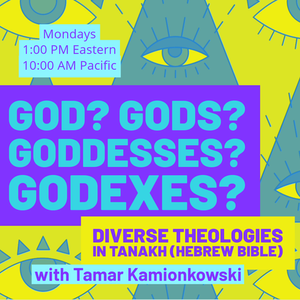
In this essay I will be reflecting on the class “God?, Gods?, Goddesses?, Godexes? Diverse Theologies in Tanakh (Bible)” taught by Tamar Kamionkowski, but with a special focus on considering how recognizing the diversity of God concepts in Tanakh and our tradition, might be relevant to Humanistic Jews.
The Humanistic Context
Humanistic Judaism is one of the youngest Jewish movements, with its roots in the revolutionary teachings of Rabbi Sherwin Wine, a Reform rabbi who in the 1960’s began to speak clearly about his disbelief in God from the Bimah. In time, his congregation followed him in developing a new Humanistic orientation to liturgy, which chose to eschew metaphorical God-language but instead adopted liturgy in which we “say what we mean and mean what we say.”[1] Of course, there were many Jews who held humanistic views before Rabbi Wine (including most famously Baruch Spinoza and Albert Einstein), but Wine’s movement was the first effort to organize Humanistic Jewish communities that engage in liturgy and other elements of religious[2] practice (including b-mitvah, holiday observances, etc.).
The role of the Bible is complicated for Humanistic Jews. The movement largely rejects anything that hints at idolatry; if a congregation has a Torah scroll, it might be displayed in the library rather than in an ark on a Bimah. There also likely will not be a hakafah procession in the services[3] and even B-mitzvah services often do not include traditional Torah readings, but instead might feature an inspirational D’var Torah about a historic figure. Humanistic shuls do make use of the Hebrew scriptures in other ways, though, including as a resource for understanding what past generations of Jews might have believed, as well as an anthology of ancient literature from our tradition.
Humanistic Engagement with the Literary Character of God
Like many other progressive Jews, Humanistic Jews recognize that YHVH[4] is arguably the central literary character of the Torah and much of the Tanakh, and as such is a character who is worthy of reflection and consideration. There are some beautiful examples of this engagement including, this excerpt of a re-envisioning of the Shema by William Thompson:[5]
A godless,
shattered,
suffering world he created,
and declared it good.
He chose us,
Israel,
to clean up his mess,
to send him frequent love notes,
With prayers and mitzvot
he sanctified us.
V’ahvata et Adonai eloheicha…
Listen, Israel,
And remember the words
Of our lonely, selfish god.
As much as I am moved by Thompson’s powerful image of the inherent loneliness of the underlying creation stories of Bereshit, I also can’t help but see that he is still wrestling with a male, patriarchal deity. This image of God there in Tanakh, but it is not the only way that this character is depicted in the text, or in our tradition. In fact, the Tanakh uses a variety of names to describe its central character (including YHVH, Elohim, Yah, El, Adonai, etc.) but also in places recognizes that God’s gender and number is more complicated than the traditional interpretation would indicate. For Humanistic Jews to only engage with the patriarchal character of an angry male deity is to miss the diversity of views that the ancient Israelites and Hebrews held about the divine.
Why does it matter if Humanistic Jews are unfamiliar with the theological diversities of Tanakh?
It matters for two reasons.
First, it is a matter of simple historical accuracy. Humanistic Jews see scripture as primarily a source of understanding how others understood the world, so to miss the inclusion of diverse theologies is to misunderstand what the ancients believed about the divine.
Secondly, many Humanistic Jews didn’t begin life as Humanists and so we[6] have a lot of baggage from our previous theistic religious experiences, and often we need help in unpacking this baggage.
This process of unpacking directly relates to the the experience I had of being in this class.[7] In most of our sessions, we engaged in textual study and discussion (often in chavruta-style break-out rooms), but due to the nature of what we were studying, the conversations often became very personal in nature. Even more than the texts themselves, I was deeply moved by the comments of my fellow classmates, but especially my female classmates. Some of these women were deeply steeped in feminist readings of the text (having come of age in the 1960’s when feminists were revolutionizing Torah study) but were seeking to expand and deepen their understanding of different theologies. Other women in the class were fairly new to differently-gendered approaches to reading scripture, but these women were a bundle of emotions: nervous, excited, and joyful, which was contagious for me as a listener.
Of course, as a mostly cis/het[8] man, my experiences were different than my classmates. Going back to my earliest memories of engaging with the Bible,[9] I had plenty of characters to relate to that shared my gender, and so for most of my life, I had no reason to question the idea of God’s maleness or singularity. These questions simply didn’t come up, until much later when I began to see the harmful effects of these ideas manifested in my life.
Today I do not believe in a literal God as depicted in the Bible[10] but I’m still left with the legacy that previous biblical interpreters have given me, and with the baggage and heartbreak that comes from that legacy.
Strategies for engaging in diverse theologies, Humanistically
The experience of this class has convinced me that there is value in textual study, but particularly when it is done in a way that is democratic in nature (recognizing that all who can read or hear the text have the ability to engage with it in some way) and in ways that encourage free thought and sharing. But I also think that those leading this study must be aware of the fact that everyone has different baggage that they bring to the conversation and that uncovering the less obvious (but very present) diverse theologies of scripture can be both joyful, but also disruptive.
Considering the issue of disruption, I also think that music and the arts might be a good way to spark the conversation, so I want to share a list of a few songs that might be worthy sources of sparks. Most of these songs aren’t by Jewish artists, but the issues of diverse theologies are present in all of these songs:
“skyman” by Eliana Light (from her album s*ngs ab-ut g?d)
I love this song because it is sung to the singer’s old image of God, the “old man in the sky.”
“Critterland” by Willi Carlisle (from his album Critterland)
Willi Carlisle is a delight. He sings Americana old-timey country/folk music, but is also unashamed to talk about his queerness, his contrary leftist politics, and his feelings about a God he doesn’t believe in. This line in particular jumps out at me, “Singin’ songs to a god I have met but do not know,” but several of his other songs also touch on these themes.
“Gentle Arms of Eden” by David Carter and Tracey Grammer
This is a beautiful eco-hymn sung to the Goddess of creation. What makes the song all the more poignant is that David was just beginning the process of gender transition, a process sadly cut short by his tragic death in 2002.[11]
“If you see my God” by Dominic Longman (from the album “Go Home”)
This song has become a permanent fixture of my personal playlist after discovering it on Spotify, but I know nothing about Dominic Longman.
But despite the mystery of who created this song, the words speak to me. Here are two excerpts:
. . . If you see my God,
Tell him I am lost
tell him I am gone
to the other side
resentment’s all I own
contempt has taken hold
tell him I reuse
to always bought and sold
. . . Oh my god
he is a jealous and very angry man
and he brings down terror
just to show me that he can
And maybe I’m his servant
and maybe i’m his slave
and I only will be so free
when they lay me in the grave.
[1] I have heard this phrase often in Humanistic Jewish circles. (see https://shj.org/living-humanistic-judaism/). I think it came from Rabbi Sherwin Wine but I have yet to find an exact quote of him saying it, but I do see sources that ascribe it to him, such as Rutkowski, Alan “Humanistic Judaism promotes personal growth: We should say what we mean and mean what we say” Times Colonist (Aug 17, 2017) https://www.timescolonist.com/blogs/spiritually-speaking/humanistic-judaism-promotes-personal-growth-4675051.
[2] “Religion” is loaded word, but is doubly so in Humanistic circles, so I need to define it. I am using “religion” refer to any system of practices, rituals, and beliefs that providing meaning, purpose, ethics and identity to its adherents. Theism is not a required element of this definition.
[3] “The Torah: Its place in Humanistic Judaism” Humanistic Judaism, An Anthology (Spring 1986) https://sherwinwine.com/the-torah-its-place-in-humanistic-judaism/.
[4] I use YHVH in deference to tradition, but also out of historical accuracy since we do not know the proper vowels for this name. The use of replacements like “Adonai” or “Hashem” have their own sets of problems.
[5] Thomson, William The Jewish Humanistic Siddur (2020).
[6] The first person plural is intentional.
[7] I was able to attend about 1/3 of the classes “live,” with the remaining classes being views in record form. I feel a little guilty that I gained so much from my fellow classmates in recorded form, so I want to say here how much I appreciate their sharing and vulnerability.
[8] More and more I question the gender binary in my own life, which is why I use the term “mostly cis/het” to describe myself.
[9] Mostly as a Christian — I became Jewish in 2014.
[10] I describe myself as an intellectual agnostic but an intuitive pantheist, along the lines of Spinoza’s teachings.
[11] “Dave Carter” Wikipedia https://en.wikipedia.org/wiki/Dave_Carter


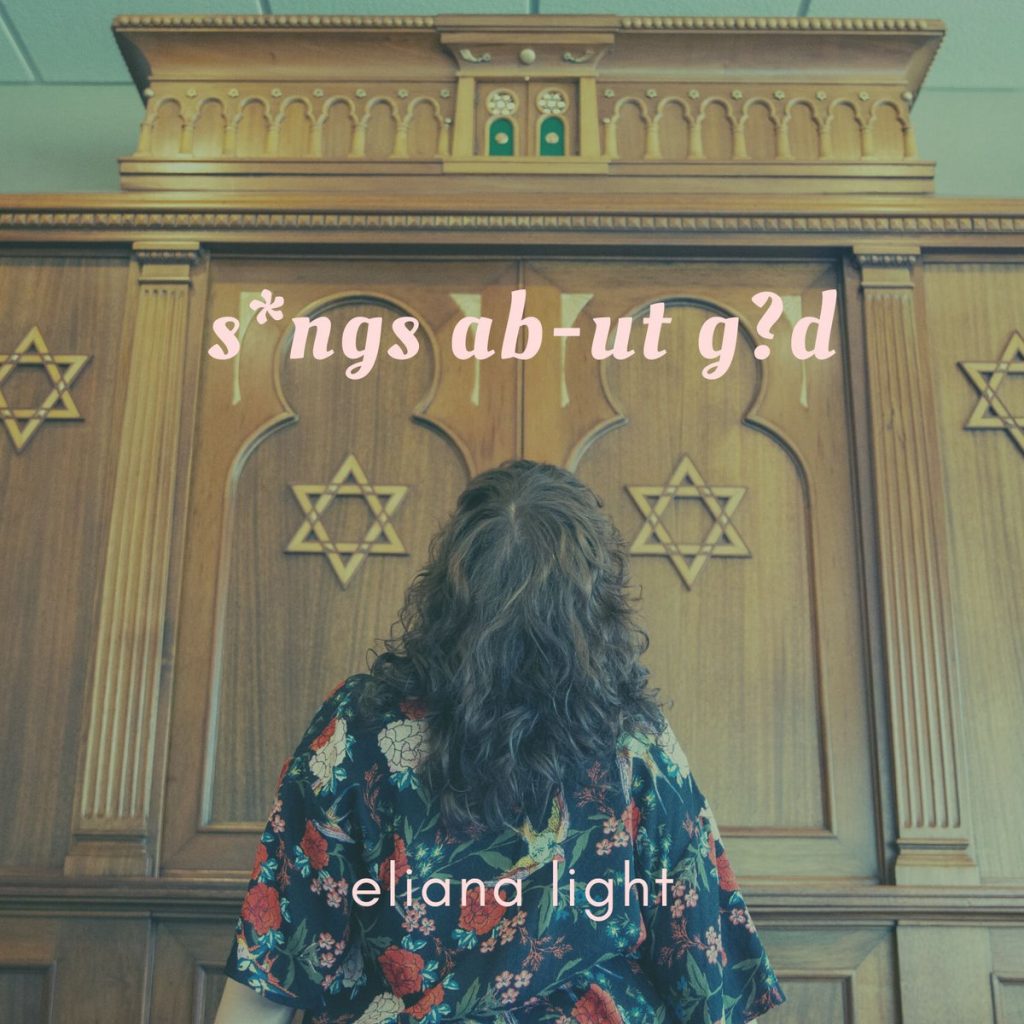
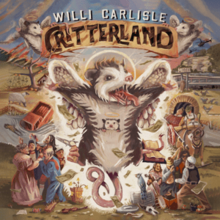
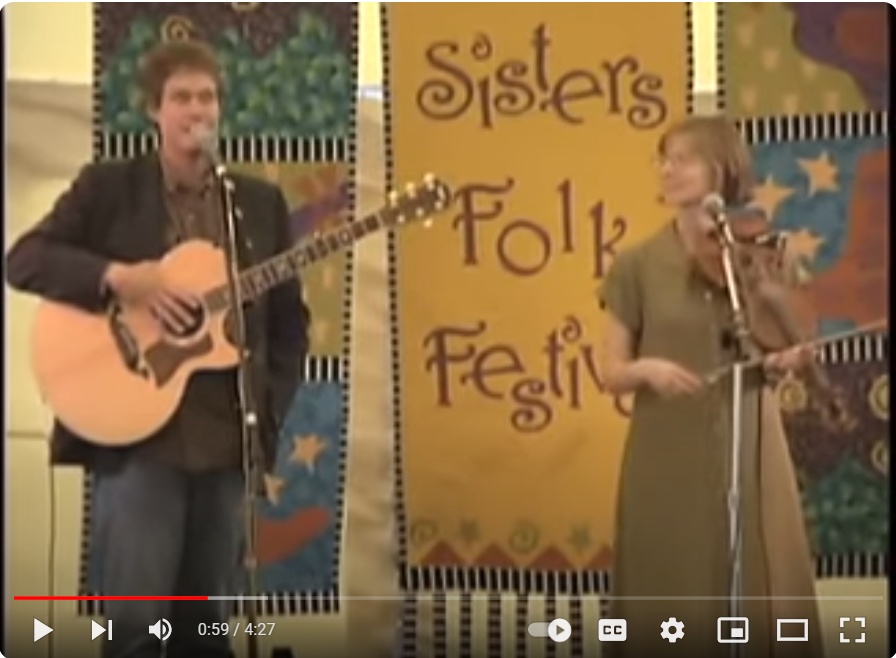
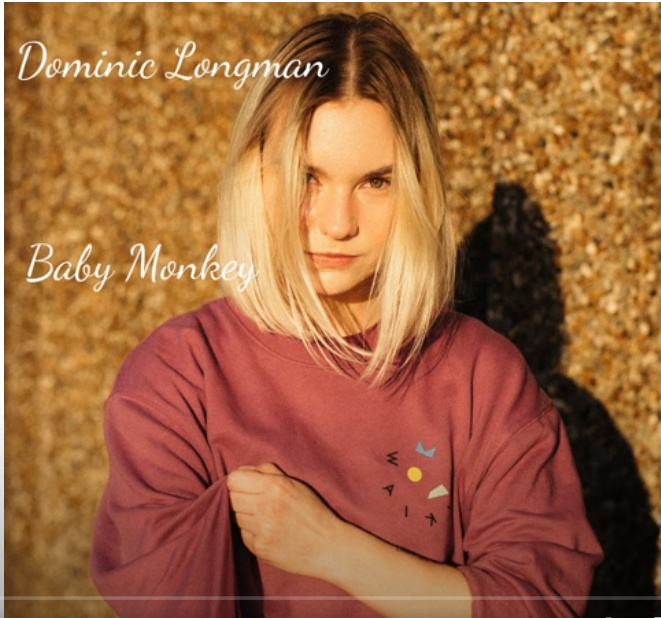
I truly appreciate this post. I’ve been looking everywhere for this! Thank goodness I found it on Bing. You have made my day! Thanks again!